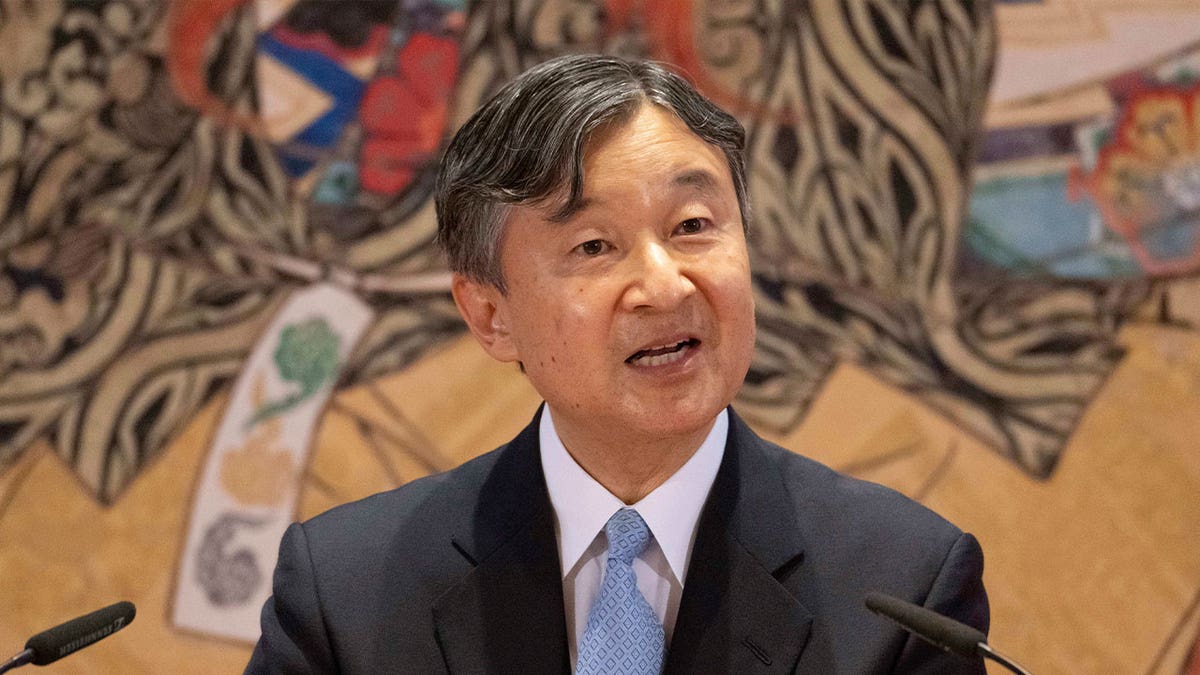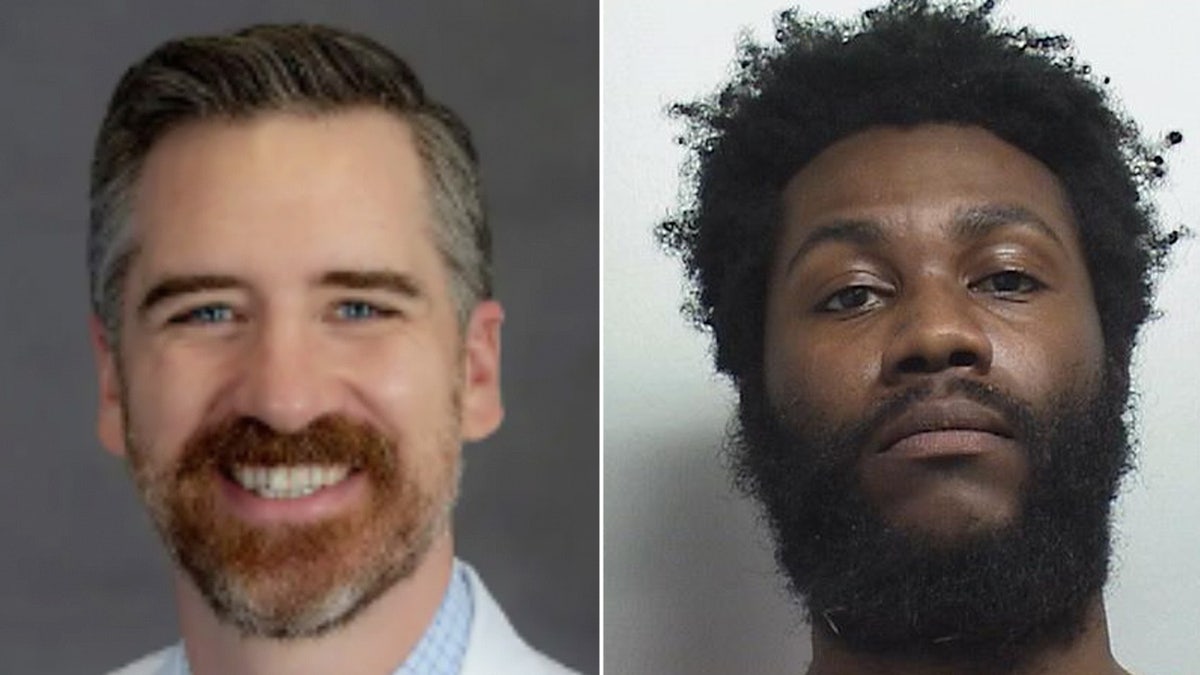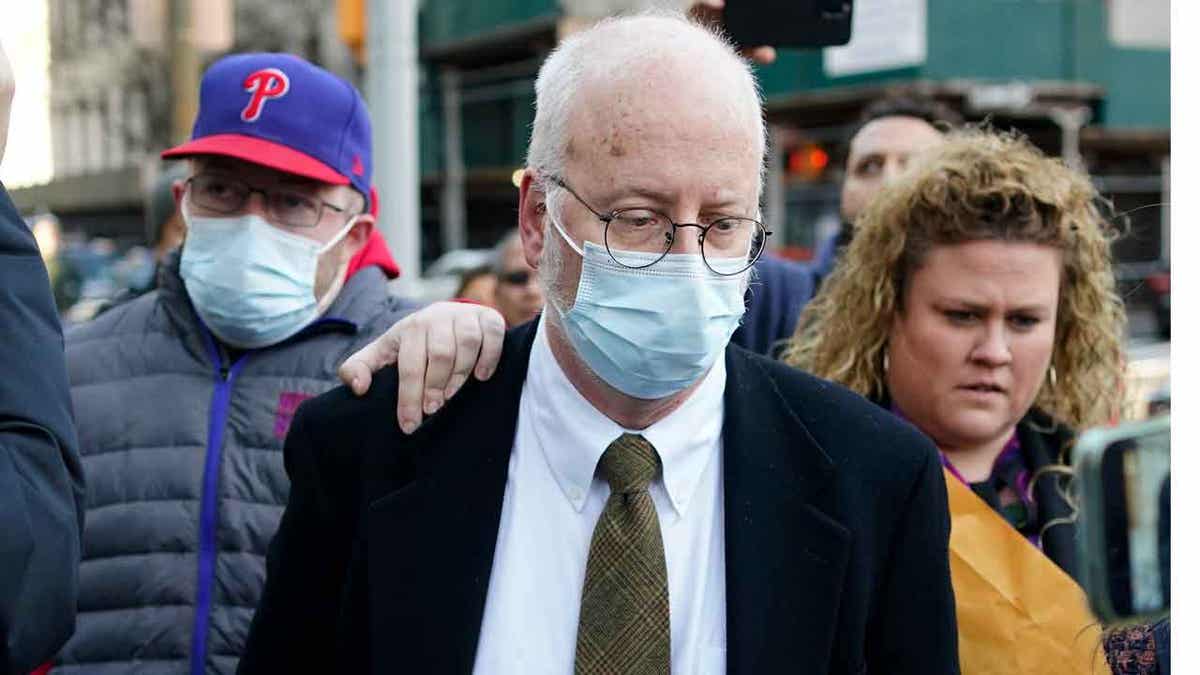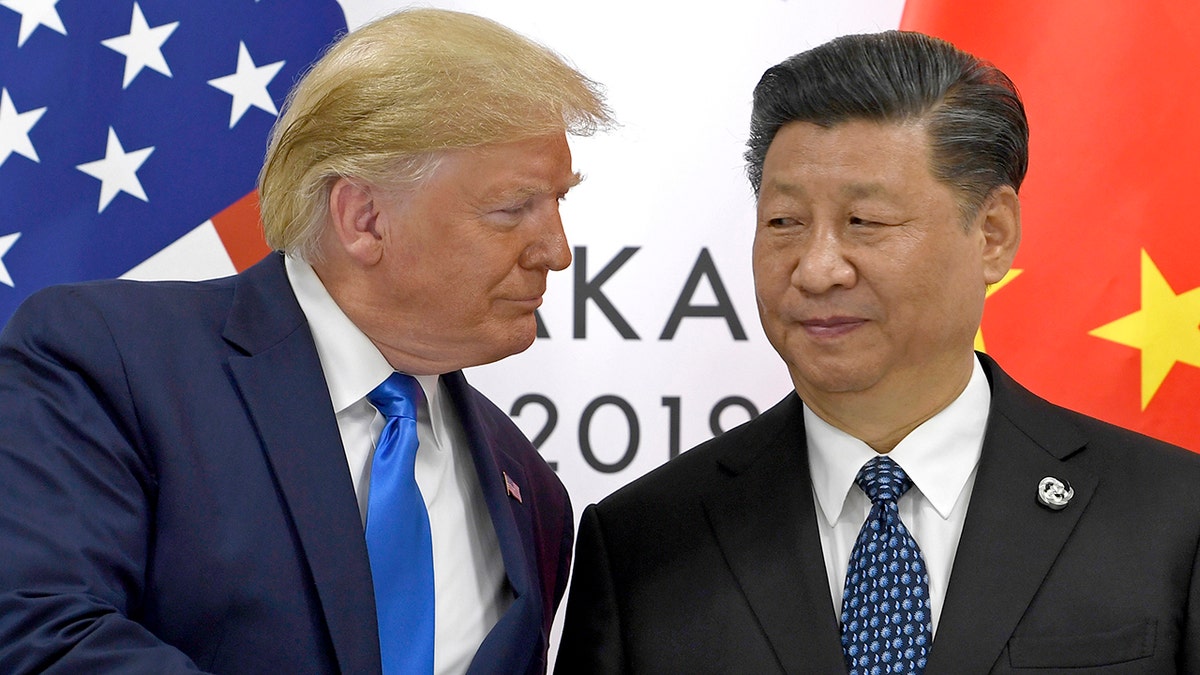The Washington Post is facing internal criticism over a new policy prohibiting self-coverage, a decision that has ignited debate about transparency and accountability within the news organization.
Media critic Erik Wemple openly challenged the policy during a recent reader Q&A, expressing strong disagreement with Executive Editor Matt Murray's directive. Wemple argued that the paper's history of covering its own internal matters has been a distinguishing factor, setting it apart from news outlets that avoid scrutinizing themselves.
The controversy stems from the paper's silence surrounding the resignation of Pulitzer Prize-winning cartoonist Ann Telnaes, whose departure followed the rejection of her cartoon satirizing owner Jeff Bezos and President-elect Donald Trump. Wemple questioned why the Post hadn't covered Telnaes' exit, prompting Murray to explain the new policy. Murray stated that he believes inherent conflicts of interest arise when organizations cover themselves, although he acknowledged there are occasional exceptions.

Wemple countered that the Post has successfully navigated such conflicts in the past, producing stories about its own staff while acknowledging the inherent awkwardness. He emphasized the value readers place on this transparency and expressed concern about how they would stay informed about internal matters without such coverage. He specifically referenced the paper's recent controversy over its presidential endorsement policy as an example of an issue that benefited from internal scrutiny.
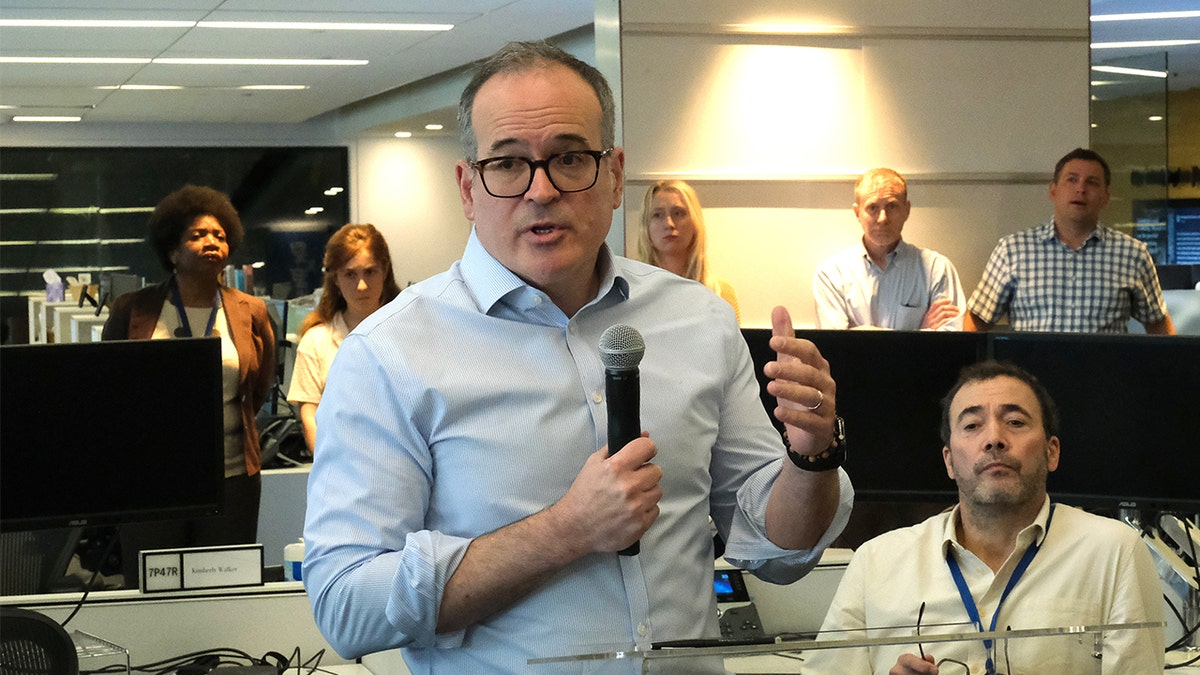
A Washington Post spokesperson declined to elaborate on Murray's comments, stating that they speak for themselves. Wemple, known for his willingness to critique his own employer, has previously reported on internal Post matters, including the controversy surrounding former staffer Taylor Lorenz. This new policy raises questions about the paper's future transparency, especially given the recent turmoil involving newsroom tensions, financial losses, and the departure of key personnel.
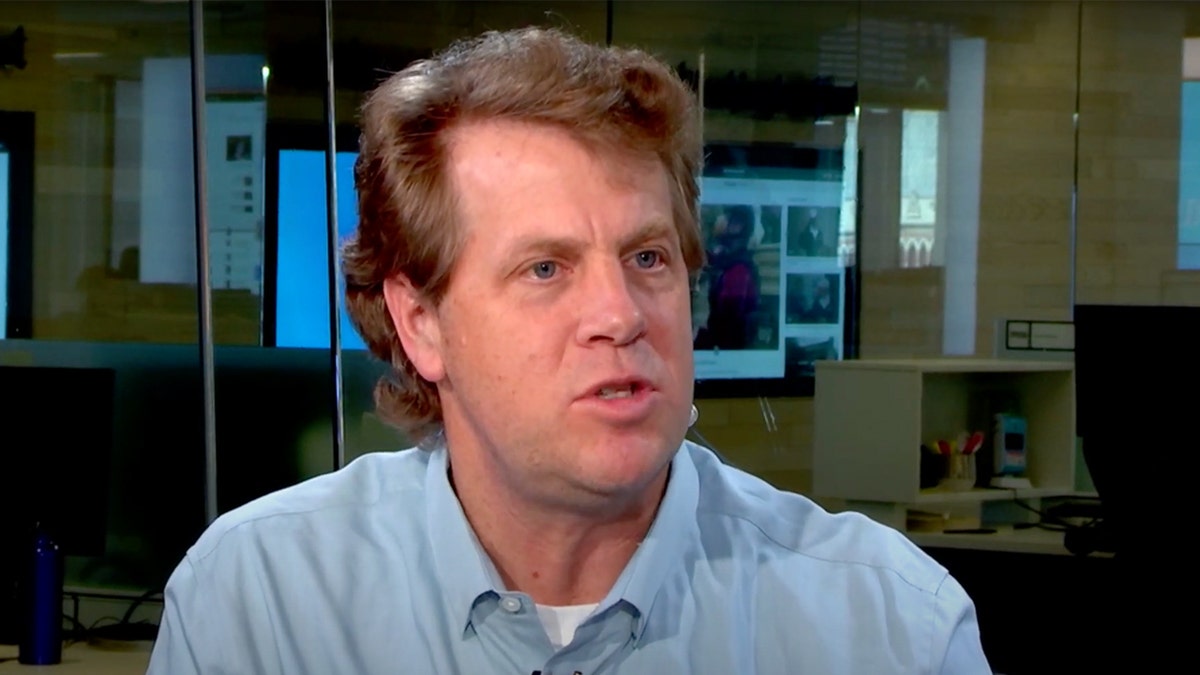
The Post's recent struggles include a significant drop in subscribers following its decision not to endorse a presidential candidate and ongoing financial challenges. Murray's appointment as permanent executive editor, after a reportedly extensive search for alternative candidates, adds another layer to the ongoing internal changes at the newspaper.

